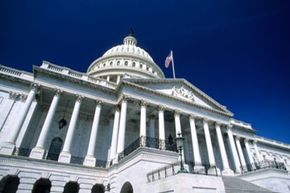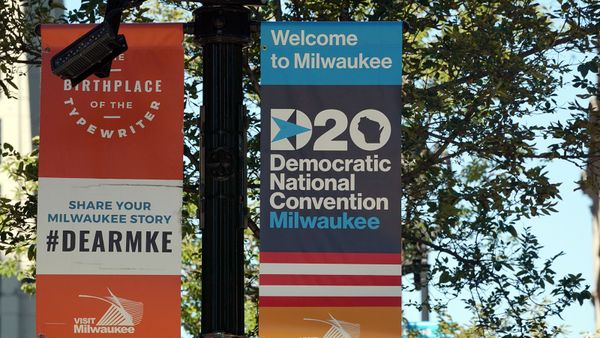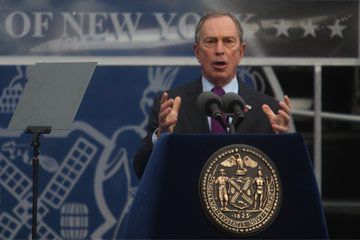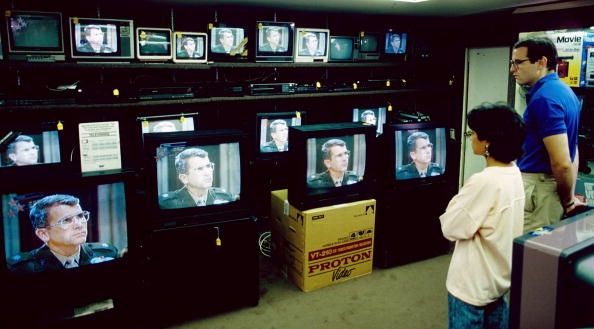In 1869, Washington D.C. newspaper correspondent Emily Edson Briggs, one of the first women to be allowed in the congressional press gallery, wrote a column titled, "The Dragons of the Lobby." Her opening sentence reads:
"Winding in and out through the long, devious basement passage, crawling through the corridors, trailing its slimy length from gallery to committee room, at last it lies stretched at full length on the floor of Congress - this dazzling reptile, this huge, scaly serpent of the lobby" [source: Briggs].
Advertisement
More than 140 years later, the public perception of lobbying and lobbyists is largely unchanged in America. Thanks to unscrupulous figures like Jack Abramoff, who admitted spending $1 million a year on tickets to sporting events and concerts for congressmen and their staffers, we equate the word "lobbyist" with corruption [source: Stahl]. On the surface, there appears to be a simple solution to the corrupting influence of lobbyists: make lobbying illegal. But not only would that be disastrous for the American political and legislative process, it would also be unconstitutional.
The First Amendment of the Constitution enshrines the "right of the people... to petition the government for a redress of grievances." Lobbying is one of the means by which "the people" -- as represented by individuals, corporations, nonprofit organizations, professional associations and other entities -- "petition" elected officials to take up their cause. The oil lobby wants Congress to loosen regulations on offshore drilling. The pharmaceutical lobby wants stricter intellectual property laws to protect its patents. The telecommunications lobby wants to widen the wireless spectrum. The social justice lobby wants more funding for homeless shelters and unemployed worker training programs.
Lobbying, we often hear, is the favored tactic of "special interest" groups. In truth, explained the late Senator Robert C. Byrd, every American belongs to a multitude of special interest groups. We're defined by our gender, age, religious affiliation, location, educational background and employment, and all of those associations give us a "special interest" in the actions of our elected officials [source: Byrd].
The complexity of the legislative process makes lobbying and lobbyists essential to the function of government. Congressmen and their staffs don't have the knowledge or the time to become experts on every single issue of concern to the American people. Lobbyists, as then-Senator John F. Kennedy wrote in 1956, "are in many cases expert technicians capable of examining complex and difficult subjects in a clear, understandable fashion" [source: Meyers & Associates]. A seasoned lobbyist not only educates elected officials on the issues, but helps draft legislation, solicit "aye" votes for bills in both houses of Congress, and makes sure the president has a fresh new pen to sign the bill into law.
This all sounds great until you bring up the issue of money. There is no getting around the fact that lobbyists are paid advocates. And well paid: Total spending on lobbyists surpassed $3.3 billion in 2011, triple the total in 1998 [source: Grier]. And there is no question that the biggest spenders on lobbying are corporations and big industry, lending outsized influence to business interests over the concerns of average Americans. The influence of money also means that some lobbying tactics straddle the line between unethical and simply illegal.
In this article, we will shine light on the "dark art" of lobbying by explaining who lobbyists are and what exactly they do for a living. Our exploration starts with a brief history of government lobbying in America, which began when the nation's capital was still in Philadelphia.
Advertisement





